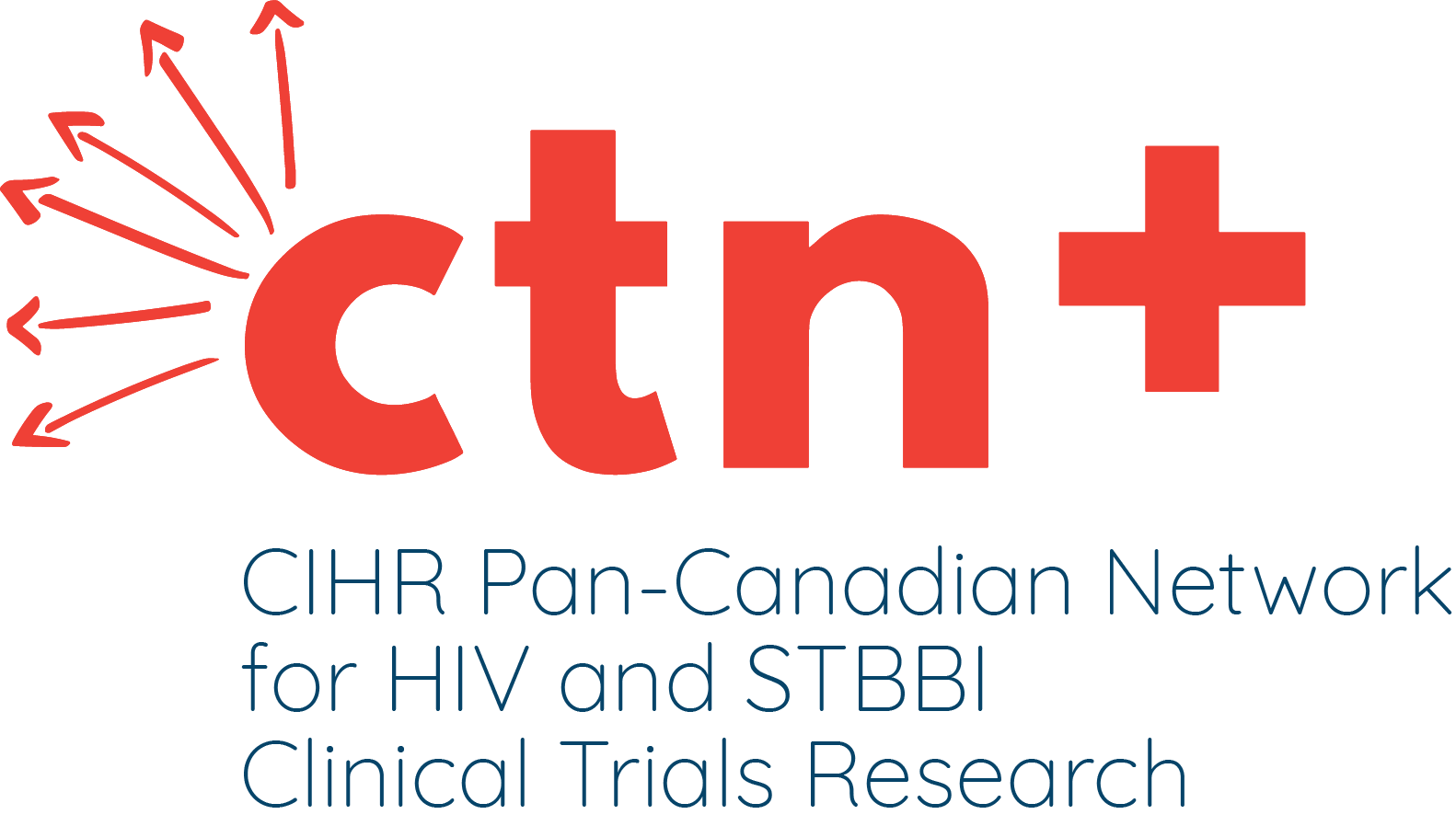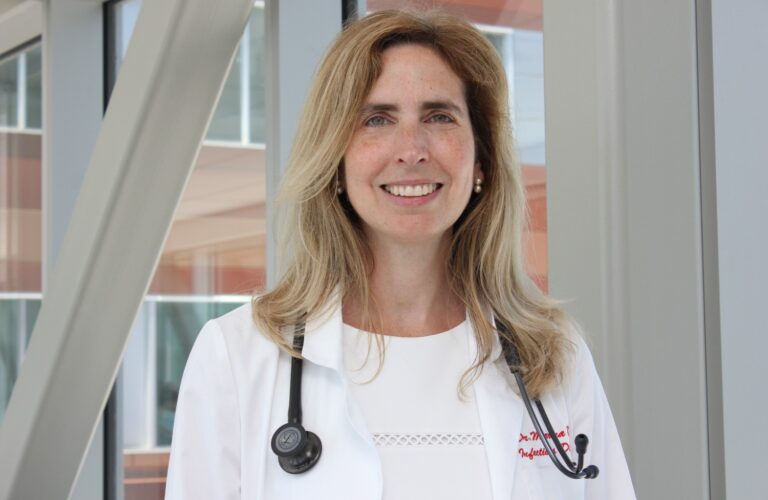
March 8 marks International Women’s Day, an event to celebrate women’s achievements, raise awareness of bias, and take action for equality.
Despite the leaps and bounds we have made in science and health care over the past few decades, there remains a lack of equality when it comes to women’s health research. It continues to be underfunded and under-researched.
At the CTN, we advocate for women’s health research, supporting several important studies. Two of these — CTN 262: Canadian HIV women’s sexual and reproductive health cohort study (CHIWOS) and CTN 277: AntiRetroviral therapy and Markers of Aging (CARMA) — have now joined forces on CTN 335: BC CARMA CHIWOS Collaboration (BCC3). The five-year women-centred, community- and clinic-based study will bring together women living with HIV, researchers, clinicians, and community partners in British Columbia to understand how to improve healthy aging for women living with HIV. The principal investigators on this study are CTN Investigators Drs. Hélène Côté, Melanie Murray, Angela Kaida, and Elder Valerie Nicholson.

We had the pleasure of speaking with several BCC3 investigators to learn more about the study and why we need to prioritize women’s health research. From top left to bottom right: Shelly T, Dr. Melanie Murray, Melanie L, Shayda Swann, Dr. Angela Kaida, Dr. Hélène Côté, and Amber Campbell.
“CARMA and CHIWOS were two prominent Canadian studies of women living with HIV and each had their strengths. CHIWOS collected data on the socio-structural determinants of health, while CARMA looked more into the biological side of things,” explained Dr. Côté. “It became obvious that working together would be greatly beneficial and would allow us to carry out more holistic research, building on the strengths of the two different cohorts.”
Closing the gap in women’s health care and research
For over three decades, the proportion of women living with HIV in Canada has steadily increased, accounting for around 30 per cent of new infections in 2018; there could be many reasons for this. Dr. Murray explained, “Some women are getting exposed to HIV later in life through heterosexual sex, because they don’t feel like they need birth control anymore. They perhaps don’t think of themselves as being at risk.”
Dr. Murray also highlighted that HIV preventative strategies are often focused on men who have sex with men and injection drug users. A point Dr. Kaida agrees with.
“The reality is that women just haven’t been prioritized in HIV prevention messaging, in HIV awareness and education messaging. They haven’t been prioritized in terms of the types of environments that particularly produce risk for women, such as places they may experience gender-based violence,” she said. “Less research, less programming, and less funding contributes to that trend.”
Community member and BCC3 peer research associate Shelly concurred: “Without research, there’s much less visibility.” She continued, “Research looking at women living with and without HIV is simply under researched, period. The increase in the number of women getting HIV globally is not just about why or how they got it, it reflects the lack of women’s research in HIV overall. That’s why our ground-breaking research is so vital and important.”
Women living with HIV also have poorer health outcomes compared with men living with HIV, including lower access to care and more comorbidities. Many are also exposed to stressors, such as gender-based violence, discrimination, and substance use. These can all have a negative impact on aging in women living with HIV. And with people who have HIV now living almost as long as people without the virus, it is vital that we understand how they are affected by aging in order to action ways to improve and support healthy aging.
“People are living longer with HIV now that it’s a manageable condition and, subsequently, the average age of people attending HIV clinics is increasing,” explained Dr. Murray, who is also a clinician at Oak Tree Clinic. “As we see our patients aging, we are starting to see more of the comorbidities you typically expect from aging: heart disease, bone disease, cancer, etc. With women living with HIV reaching this stage of their life, it’s important that we can help them age as well as possible.”
Dr. Côté explains that there is also evidence that aging itself may be accentuated in women living with HIV.
“The reasons for that are not really understood and may be multifactorial; everything from the stress and the trauma they’ve lived through to perhaps hormonal factors that are quite specific to women,” she said. “In BCC3, we are taking a really holistic approach, looking at everything from biological factors to social determinants of health, as we believe that they intersect and it’s impossible to know exactly what’s happening if you only look at one part of the picture.”
Collaborating with community

The study group is taking care to work closely with the community — both as research associates and participants — throughout the study. Because who knows what it’s like aging with HIV better than the people who are going through it?
Shelly T and fellow community member and BCC3 peer research associate Melanie L are involved in community outreach and engagement, whether that be “through clinics, organizations, foodbanks, or other places women gather.” They speak with women living with HIV about where they are at in life and their care, and their experiences. They form connections and give women a voice.
Community-engaged research is beneficial to the science as well. As Dr. Kaida explains, “Sometimes we talk about community-engaged research as only having a lens on benefitting community, which of course is critical, but I think it’s really transformative for how we do good science.” She continued, “Many of the questions we seek to answer about aging and women come from community members like Melanie L and Shelly T. People who are aging with HIV and are expressing concerns about their own health.”
Today, so much data are coming out worldwide about women and HIV, but researchers and care providers need to ensure that the community is aware of the research and how it is relevant to their own lives and their own care.
Hopes for the future
BCC3 will produce invaluable information about so many aspects of aging in women living with HIV. But what do those involved hope to achieve in the long term?
Principal Investigators Drs. Murray, Côté, and Kaida highlight their hopes from scientific and clinical points of view. Understanding the biological and social determinants behind differences in aging of women living with and without HIV, informing policy development, guidelines and practice, and health care programming.
“Ultimately, we hope that our research will empower women. Not only in understanding better how their body is working and living, but also what is out there that can be changed,” said Dr. Côté.
But the hopes expressed by Melanie L and Shelly T are much more personal.
“I am personally interested in how my cells are aging with HIV,” shared Melanie L.
“I’m going to turn 60 this year and I am hopeful that I’m going to live to 85, but the statistics tell me otherwise. I want to understand healthy aging for both women living with HIV and for my HIV-negative sisters; we are simply statistically much less researched,” said Shelly T.
Interested in participating?

The BCC3 study is currently recruiting women across B.C. who meet the following criteria:
- Able to communicate in English
- Able to attend a study visit at BC Women’s Hospital
- 16 years of age or older
- Woman living with HIV or not living with HIV (cis and transgender women inclusive)
- Not pregnant and not breastfeeding
If you’re on the fence about participating and would like more information on what participation looks like, you can view some great videos created by the study team on YouTube.
“Our videos show what it’s like to be involved in the BCC3 study through the eye of the participant,” explained student researcher Shayda Swann. “Our first video walks someone through what happens at the first study visit: where you’ll physically be; what samples are taken; and who they’ll actually see. We’re currently in the process of creating part two, which shows what happens to your samples at the lab and following that data analysis.”
What to learn more? Additional information and consent forms are available on the BCC3 website.
—
If you found this interesting, you should read about the Women’s-Centred HIV Care toolkit. The toolkit was created by the CHIWOS research team, in collaboration with community, to bring holistic care to women living with HIV.






